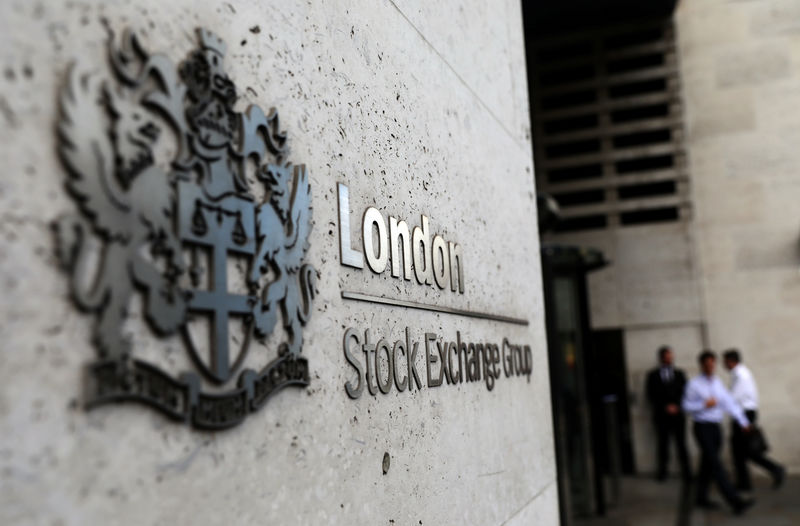This post was originally published on this site
https://i-invdn-com.investing.com/news/LYNXNPED7U0N6_M.jpg
Investing.com — Shares in Made.com Group PLC (LON:MADE) slumped by more than 30% on Friday after the online furniture retailer announced that it will slash jobs and launch a review of a potential sale of the company due to deteriorating market conditions.
In a statement, the British group said it will begin a “headcount review” within the next few weeks in a bid to reduce costs amid flagging trading. According to an internal email quoted by the Financial Times, about 35% of the workforce may be axed, with those impacted by the cuts set to depart by the end of October.
Meanwhile, Made has discarded possibly going to public equity markets to raise emergency cash. It cited “prevailing” economic headwinds for the decision, including an inflation-driven slowdown in consumer spending and a surge in freight costs stemming from recent supply chain constraints.
Instead, Made has entered into early talks with prospective buyers of the company, though it has not yet received any formal approaches. Made may also consider garnering additional funds through debt financing or a “strategic investment” from another business, it added.
Made previously used the £90M it raised from its initial public offering in 2021 to grow its inventory levels to meet surging demand for home goods during the pandemic. But performance has been severely hit by recent broader trends in the global economy, causing the firm to issue three profit warnings in 2022 alone.
“Made’s core markets have experienced adverse developments in macroeconomic conditions, including economic slowdowns, rising inflation of commodity and energy prices, spurred by Russia’s invasion of Ukraine, which has caused greater uncertainties about the duration and further deterioration of these adverse conditions and other contributing factors,” it said.
Made’s shares have fallen by more than 97% from its IPO price of 200 pence.

